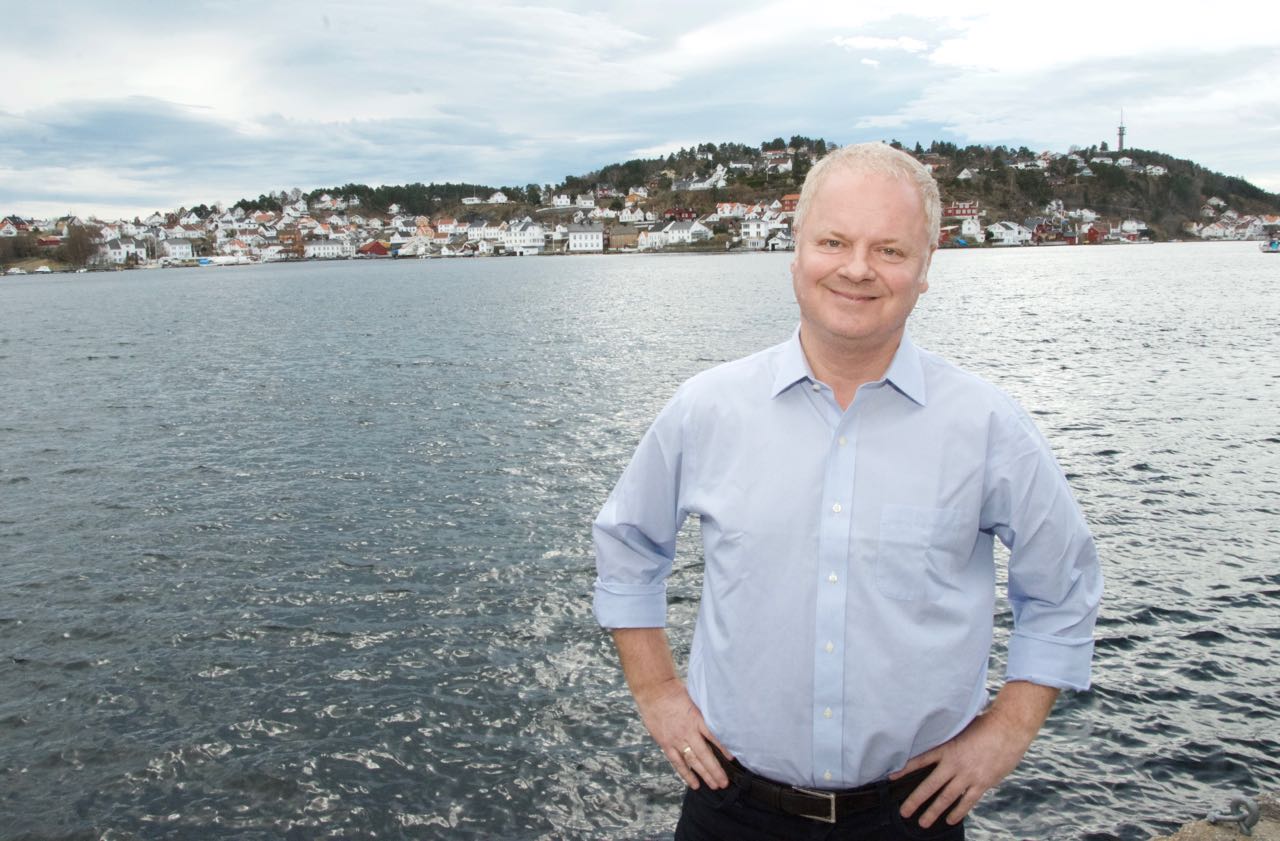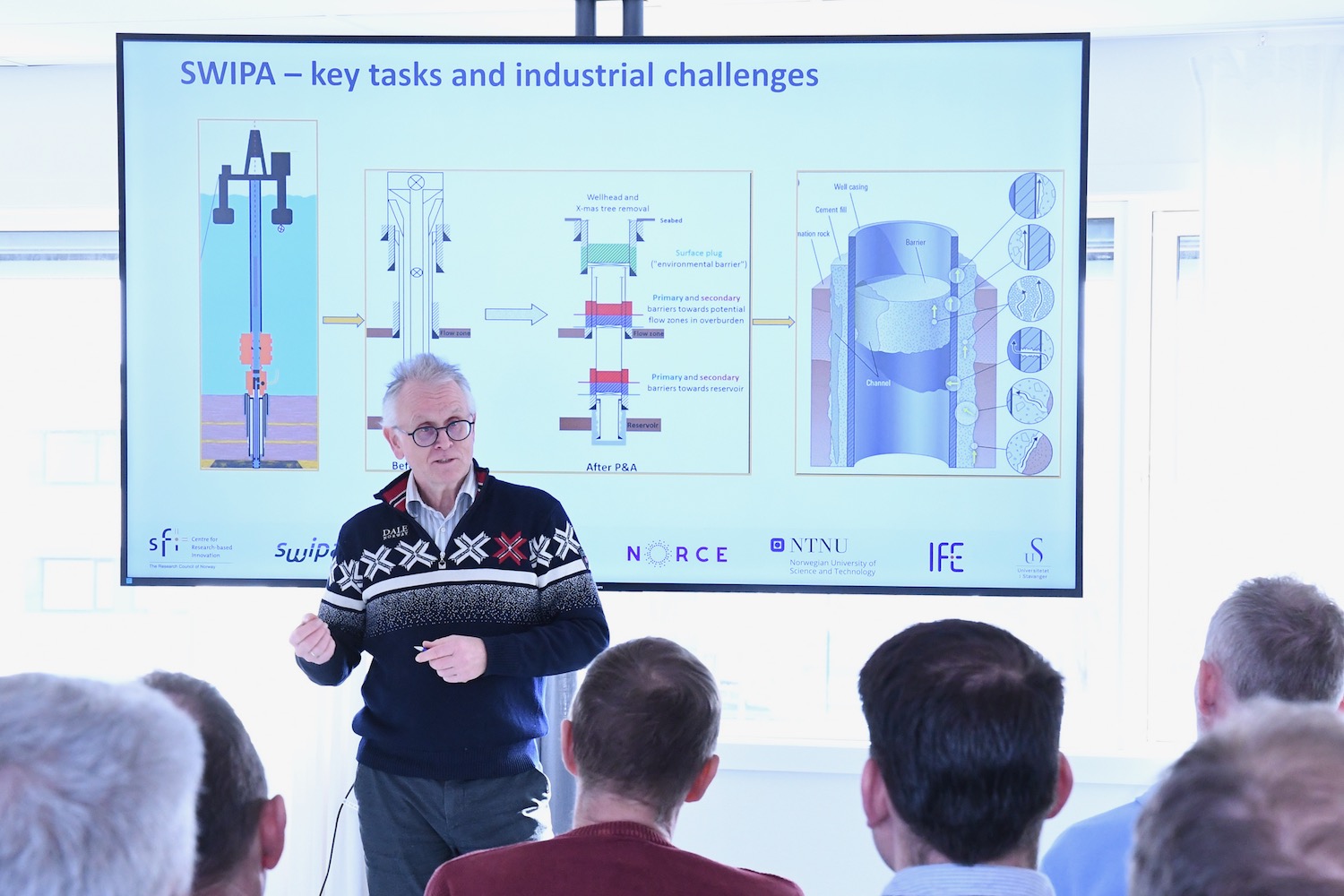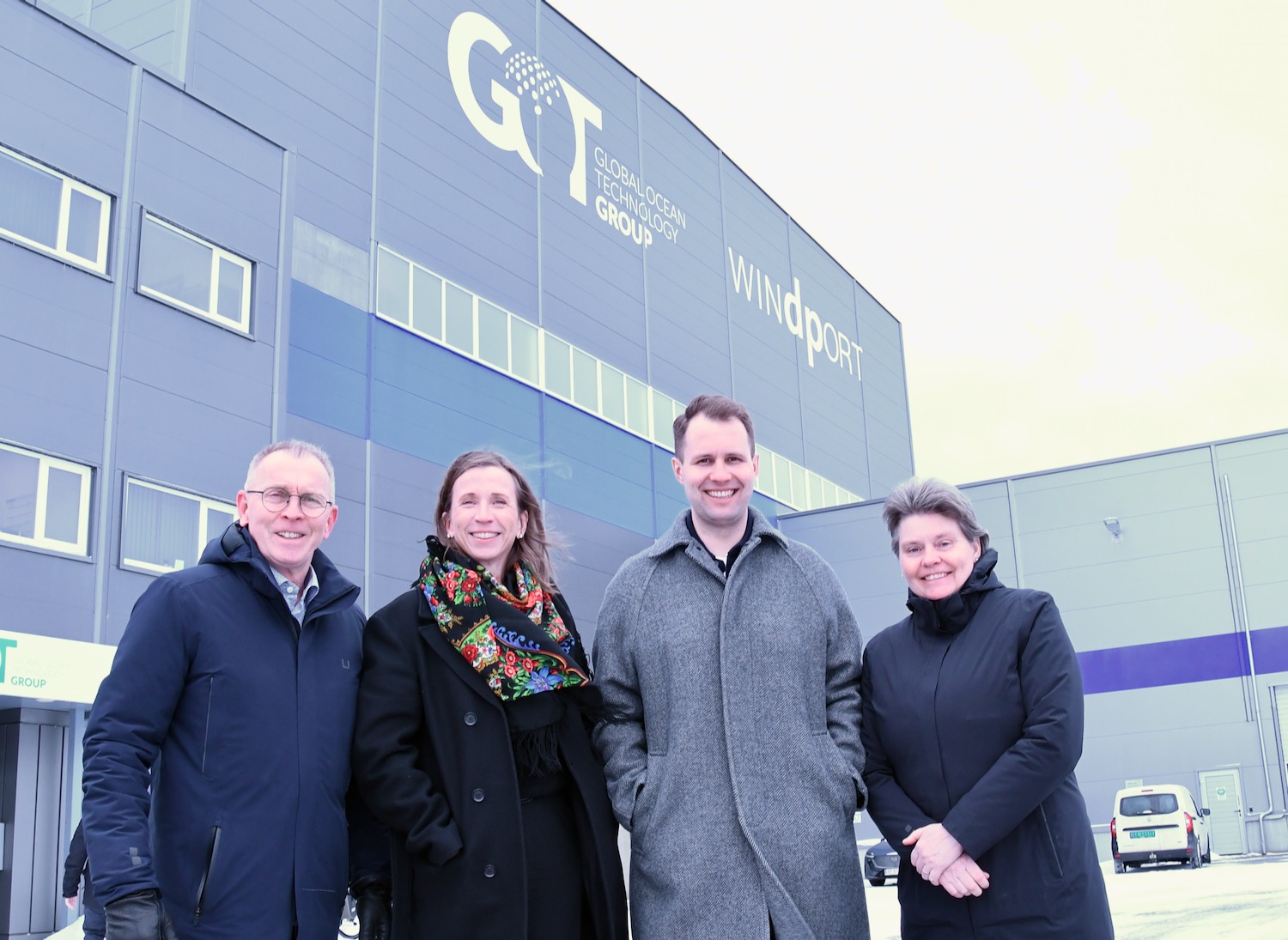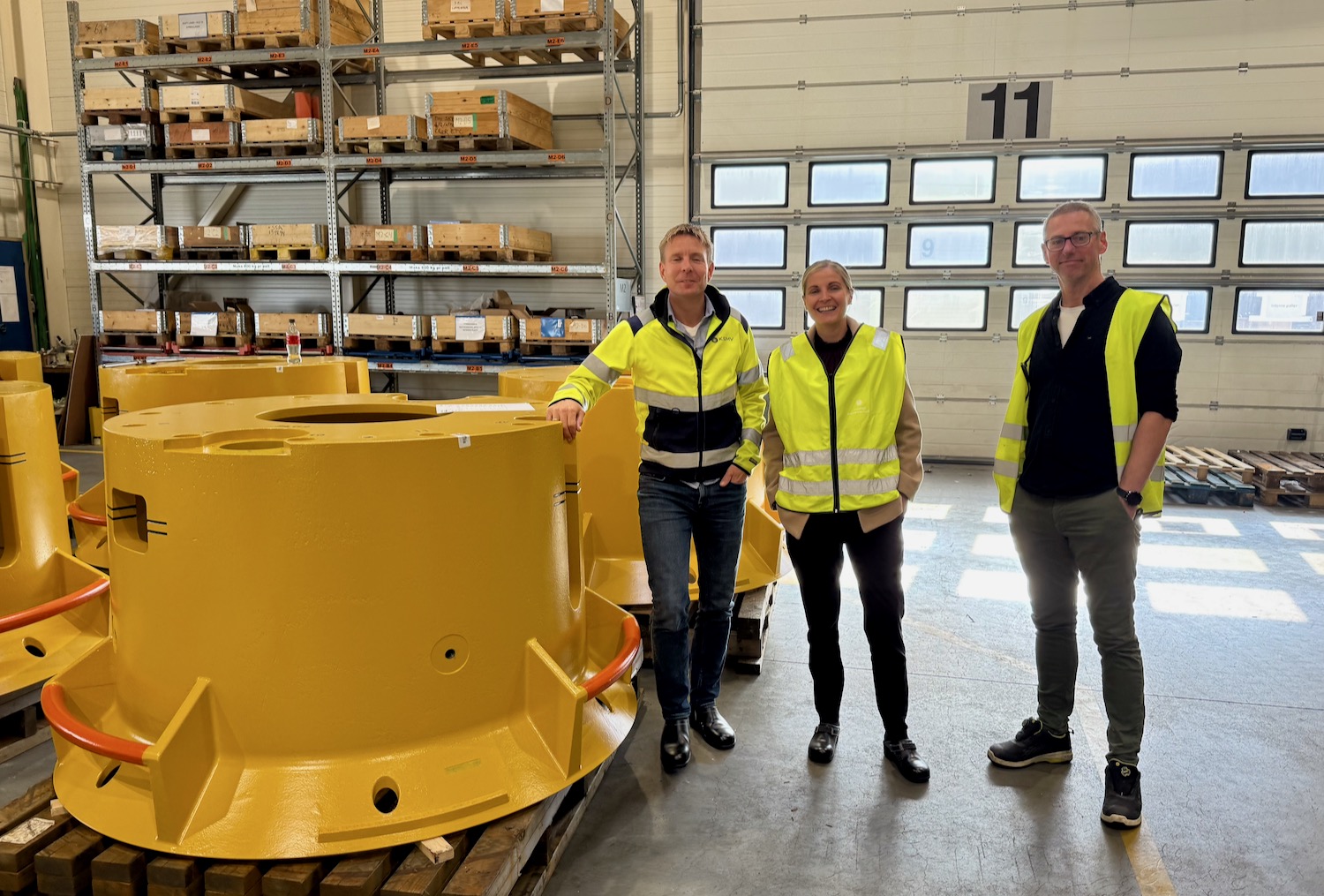“These days, no business leader can turn down an opportunity to learn about more cost-effective solutions. Thus, doors that used to be shut are now opening,” says Anders Holm, CEO of CSUB.
CSUB develops and vacuum-molds structures and products in glass fiber reinforced polyester (GRP, also known as composite), specializing in larger structures produced at costs that are competitive with steel, aluminum and concrete.
PURSUING NEW MARKETS
CSUB has been supplying subsea structures to the petroleum industry as the main market, while at the same time pursuing targeted product and market development efforts over the past years .
“In 2015, revenues from oil and gas accounted for close to 90 per cent of total revenues. This year the percentage will probably drop to 60, not so much due to a decline in oil and gas, but more as a result of our entry into and expansion within other markets,” says Holm.
Although deliveries to petroleum activities will continue to be an important market for CSUB, the focus on the development of better and more cost-effective products has opened up for breakthroughs in several new markets. The most important new market is deliveries to fish farming, but CSUB has also focused on deliveries to ferries, ship tanks, renewables and port facilities.
A MATERIAL WORLD
“Our core competence is in materials. This is a strategic important competence both in oil and gas and aquaculture. In aquaculture we are already delivering a number of offshore fish tanks and are looking at producing more closed floating tanks. Our first floating closed tank is 40 meters in diameter and holds 1000 tons fish. A closed tank provides full control over water and waste. Also there is no escaping such a tank,” reminds Holm.
CSUB produces advanced products and prototypes in Arendal, whereas mass production is done in Lithuania, where the majority of the 150 employees work.
Composite solutions are known to have several advantages: They are corrosion-free, low weight (one third of steel) and come with a high strength-weight ratio. They also maintain mechanical properties in warm and cold conditions and their CO2 footprint is superior to traditional construction materials.
“In addition, complex shapes are easier to produce in GPR. Most of our products are also stackable and easy to handle,” says Holm.




